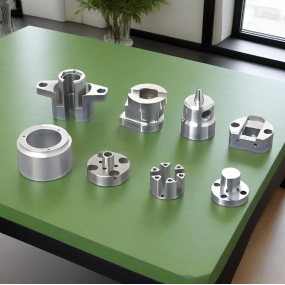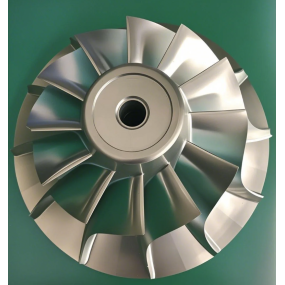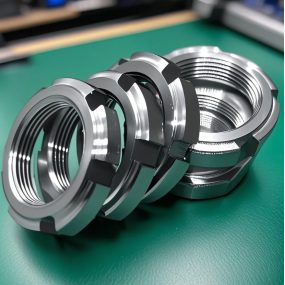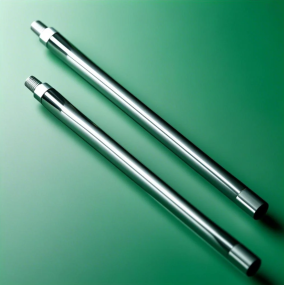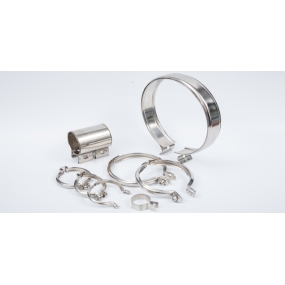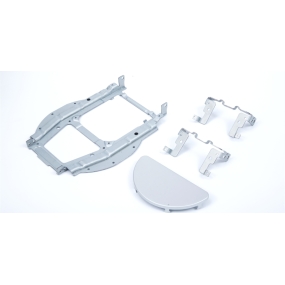Precision Sheet Metal Processing is a manufacturing process used to produce precision parts and components. During this process, it is important to pay attention to some key issues to ensure processing quality and efficiency. What issues should be noted during precision sheet metal processing? Sheet metal processing manufacturer editor to tell you.
The following are some issues that need to be noted during precision sheet metal processing:
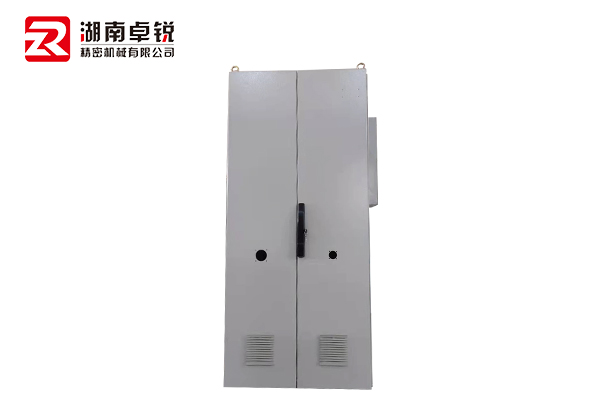 1. Material selection: It is very important to choose materials that are suitable for processing requirements. The material should have good processability, mechanical properties, and corrosion resistance. Common materials include stainless steel, aluminum alloy, ferroalloy, etc.
1. Material selection: It is very important to choose materials that are suitable for processing requirements. The material should have good processability, mechanical properties, and corrosion resistance. Common materials include stainless steel, aluminum alloy, ferroalloy, etc.
2. Design specifications: During the manufacturing process, it is necessary to follow the design specifications to ensure that the manufactured parts and components meet the requirements. This includes regulations on size, shape, and geometric characteristics.
3. Process specifications: Precision sheet metal processing involves multiple process steps, such as cutting, stamping, bending, welding, etc. To ensure processing quality and efficiency, detailed process specifications should be developed, including processing sequence, process parameters, and process requirements.
4. Fixture design: Fixtures are devices used to maintain the position and shape of workpieces during the machining process. Reasonable tooling design can improve machining accuracy and efficiency. In the design process, it is necessary to consider the stability, rigidity, and ease of adjustment of the tooling.
5. Processing accuracy control: Precision sheet metal processing requires high precision, so it is necessary to control the accuracy of processing dimensions. Common precision control methods include inspection, measurement, and calibration.
6. Surface treatment: In precision sheet metal processing, it is often necessary to perform surface treatment on parts and components to improve their appearance and performance. Common surface treatment methods include painting, electroplating, coating, etc.
7. Quality control: Quality control is the key to ensuring the quality of processed products. In the process of precision sheet metal processing, strict quality control should be carried out, including raw material inspection, process inspection, and ZUI final inspection.
8. Equipment maintenance: Precision sheet metal processing requires the use of various equipment and tools. To ensure processing quality and safety, it is necessary to regularly maintain and upkeep the equipment, repair or replace damaged components.
9. Venue management: Appropriate venues are required during the precision sheet metal processing. The venue should be clean and tidy, with appropriate temperature and humidity. At the same time, the safety of the work area should be ensured to prevent accidents from occurring.
10. Personnel training: To ensure processing quality and efficiency, it is necessary to provide training for operators. The training content includes process knowledge, safety operating procedures, and quality control requirements.
In short, attention should be paid to material selection, design specifications, process specifications, tooling design, machining accuracy control, surface treatment, quality control, equipment maintenance, site management, and personnel training during precision sheet metal processing. Only by fully valuing these issues and taking appropriate measures to solve them can we ensure the quality and efficiency of processing.


 Spanish
Spanish Arabic
Arabic Portuguese
Portuguese Belarusian
Belarusian Japanese
Japanese Russian
Russian Icelandic
Icelandic Bulgarian
Bulgarian Azerbaijani
Azerbaijani Estonian
Estonian Irish
Irish Polish
Polish Persian
Persian Boolean
Boolean Danish
Danish German
German French
French Filipino
Filipino Finnish
Finnish Korean
Korean Dutch
Dutch Galician
Galician Catalan
Catalan Czech
Czech Croatian
Croatian Latin
Latin Latvian
Latvian Romanian
Romanian Maltese
Maltese Malay
Malay Macedonian
Macedonian Norwegian
Norwegian Swedish
Swedish Serbian
Serbian Slovak
Slovak Slovenian
Slovenian Swahili
Swahili Thai
Thai Turkish
Turkish Welsh
Welsh Urdu
Urdu Ukrainian
Ukrainian Greek
Greek Hungarian
Hungarian Italian
Italian Yiddish
Yiddish Indonesian
Indonesian Vietnamese
Vietnamese Haitian Creole
Haitian Creole Spanish Basque
Spanish Basque

